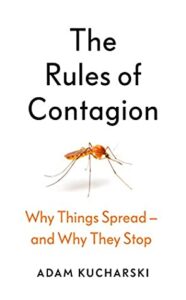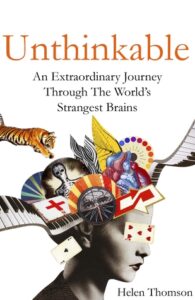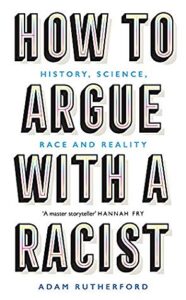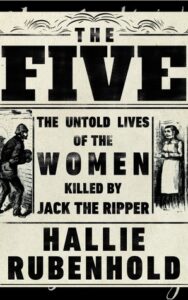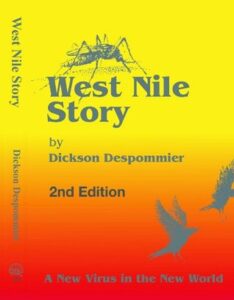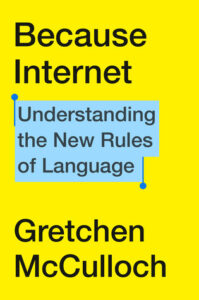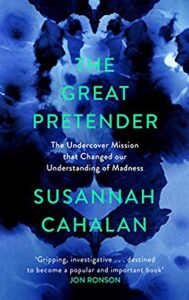 The Great Pretender, Susannah Cahalan
The Great Pretender, Susannah Cahalan
I was fascinated by Cahalan’s previous book, Brain on Fire, which documents her hospitalisation for psychosis that turned out to have been caused by encephalitis, prompted by an immune disorder. For a while, Cahalan was lost, but she found her way back, and The Great Pretender is in part prompted by those experiences. Looking at patients with mental health issues, she’s found herself wondering how many might be suffering from brain inflammation in the way she was, and how many could be cured partially or wholly by the same treatment. That’s how she found out about David Rosenhan’s famous study, which was born from a very pertinent question: “How can we tell the sane from the insane?”
Rosenhan’s study sounds simple: he sent nine pseudo-patients, one of them being himself, into a psychiatric ward with a simple description of non-dangerous but troubling symptoms. They all claimed to be hearing voices which said things like “hollow” and “empty”, but they dropped these symptoms as soon as they were actually in the ward. They all emerged from the wards — some after nearly two months — with diagnoses of schizophrenia.
Cahalan found this electrifying: how could psychiatrists not tell the pseudo-patients were perfectly sane? For the same reason as she was originally diagnosed as psychotic, partially: there’s no actual physical diagnostic criteria you can run someone through to prove one way or another whether they are suffering from a mental health disorder. (The DSM, a diagnostic manual, was updated to include a lot more diagnostic criteria as a direct result of this study; the issues are different now, though there are still deep issues with subjectivity and bias.) And also because all kinds of ordinary actions could be interpreted as insanity when seen in the confines of a psychiatric ward. A person taking reams of notes on everything the nurses do might be a pseudo-patient, but your first thought is probably that they’re paranoid and keeping track of the nurses as part of their out of control fear and attempt to control the situation!
In any case, Cahalan found the study fascinating and began to dig in… which is where it all began to fall apart. This isn’t a small study that no one knew about; this shaped mental health policy for years, and despite the protestations of some mental health professionals reading this book, it’s still in people’s minds. (I knew about it as a layperson, and I only had to say “Rosenhan” for my mother, a psychiatrist, to know what I was talking about.) And yet Cahalan’s investigations call it into question. It seems very likely that Rosenhan faked much of the data, as very few of the pseudo-patients could be found. One who was had a markedly different experience in the wards to the one reported, and was allegedly removed from the study… though his data still remained in the published version.
There are all kinds of little inconsistencies that pointed Cahalan to this conclusion, and I think the length of my review shows my enthusiasm and interest for the digging work she’s done here, interviewing the study participants she could find and searching for the others. She calls into question the study’s truthfulness, but not, in the end, its validity. Rosenhan’s observations struck a chord for a reason, after all. Was it bad of him to lie and fake data like this? Of course it was. But maybe psychiatry needed that.
That said, the book also showcases how far the pendulum has swung the other way, with prisons in the US absorbing many of the people originally cared for in specialised wards. And Cahalan keeps putting her finger on the sore place, again and again: we still can’t tell the sane from the insane, not really. We still don’t know the physical causes of much mental ill-health, and diagnosis requires an experienced clinician with a checklist of behaviours — and even they can be fooled by an autoimmune disease.
It’s perhaps not as gripping as Brain on Fire, but I enjoyed it and highly recommend it, and find myself largely in agreement with Cahalan’s conclusions.
Rating: 5/5
 Exploring English Castles, Edd Morris
Exploring English Castles, Edd Morris
